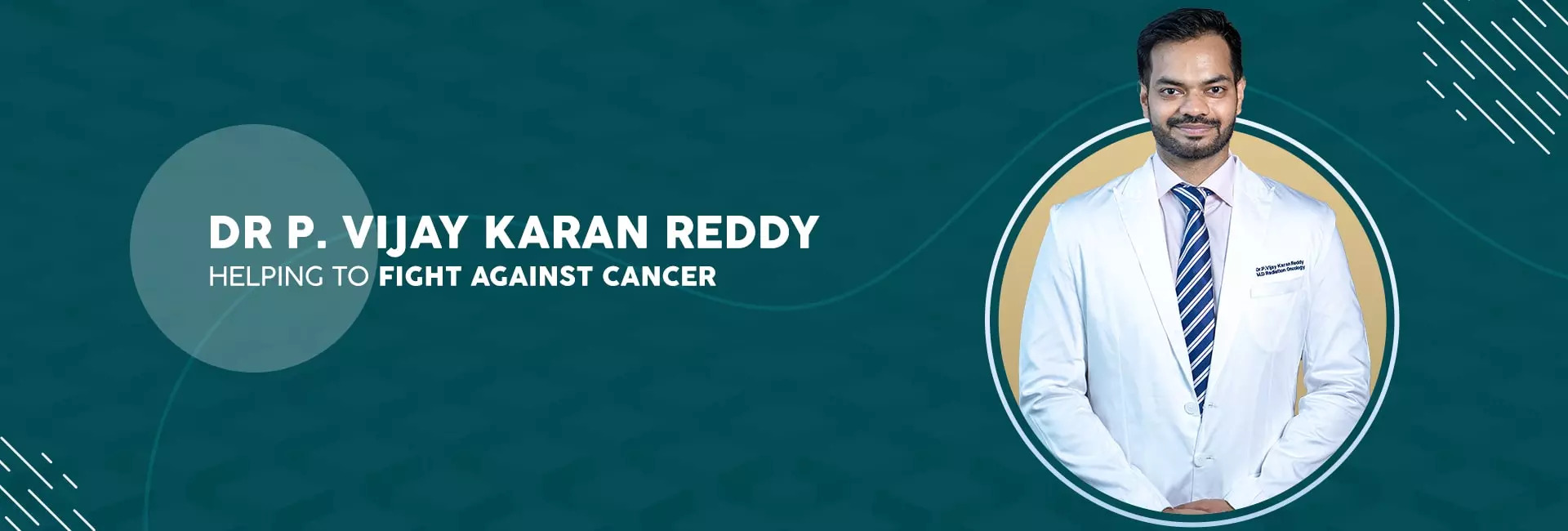Cancer treatments are often life-saving, but they come with side effects that can dramatically affect a patient’s daily life. One of the most frequently asked questions by patients undergoing cancer therapy is: “Does chemotherapy lower immune system?” This concern is valid—and deserves a thorough explanation backed by science and real-world implications.
In this in-depth article, we’ll explore the intricate relationship between chemotherapy and the immune system, why immunity drops during treatment, what that means for your health, and how to protect yourself during this vulnerable phase. Whether you’re a patient, caregiver, or simply seeking knowledge, understanding the answer to “Does chemotherapy lower immune system?” is crucial in managing cancer treatment more effectively.
Understanding Chemotherapy
Chemotherapy is a form of cancer treatment that uses powerful drugs to kill rapidly dividing cells. While the main target is cancer cells, chemotherapy doesn’t differentiate between malignant and healthy cells—especially those that also divide quickly, like those in the bone marrow, digestive tract, skin, and hair follicles.
Since white blood cells, which defend the body against infections, are produced in the bone marrow, chemotherapy can suppress their production—leading directly to a weakened immune response. Hence, the short answer to “Does chemotherapy lower immune system?” is yes. But the extent, duration, and clinical consequences vary depending on the drugs used, the treatment schedule, and the patient’s overall health.
How Chemotherapy affects the Immune System

To fully grasp why chemotherapy lowers the immune system, it’s important to understand how the immune system works. It’s made up of several components, including:
White blood cells (WBCs): These include neutrophils, lymphocytes, monocytes, and others that fight infections.
Bone marrow: Produces new blood cells, including WBCs.
Lymph nodes and spleen: Filter harmful substances and store immune cells.
Chemotherapy targets fast-growing cells, and while this includes cancer cells, it also includes immune cells—especially neutrophils. This can lead to a condition known as neutropenia, a dangerously low level of neutrophils.
Signs Your Immune System is Weakened
Knowing how your body might respond during treatment is key. Here are common signs and symptoms that indicate lowered immunity due to chemotherapy:
Frequent or prolonged infections
Fever over 100.4°F (38°C)
Fatigue that’s more intense than usual
Sore throat, cough, or nasal congestion
Mouth sores or gum inflammation
Burning sensation during urination
Persistent diarrhea or skin rashes
If any of these symptoms appear during chemotherapy, it's important to inform your oncologist immediately. Many cancer centers providing Chemotherapy in Hyderabad have established infection control protocols and rapid-response services for neutropenic patients.
Why this Happens: The Science Behind Immune Suppression
To treat cancer effectively, chemotherapy must reach a level strong enough to kill cancerous cells. But because immune cells, particularly those produced in the bone marrow, regenerate quickly, they are often unintended casualties.
Here’s how chemotherapy interferes:
Bone Marrow Suppression: This is the most common cause of immune suppression. Drugs like cyclophosphamide, doxorubicin, paclitaxel, and others damage stem cells in the marrow responsible for creating white blood cells.
Neutropenia: Neutrophils are the most critical infection-fighting WBCs. Their sudden drop increases the risk of bacterial and fungal infections.
Lymphocyte Depletion: Lymphocytes (including T-cells and B-cells) are essential for long-term immune memory and defense against viruses. Some chemotherapy drugs, especially those used for lymphomas and leukemias, dramatically reduce lymphocyte levels.
Mucosal Damage: Chemotherapy can erode mucosal barriers in the mouth, gut, and genital tract, making it easier for pathogens to enter the bloodstream.
So, when people ask “Does chemotherapy lower immune system?” the real answer lies in the combination of weakened cell production, impaired defense layers, and delayed immune response recovery.
How long does Immune Suppression last?
The duration of immune suppression varies depending on:
The type and intensity of chemotherapy
Number of treatment cycles
Age and general health of the patient
Pre-existing immune conditions
Most patients experience temporary suppression, with the immune system recovering between cycles. However, some drugs—particularly those used in blood cancers—can cause longer-lasting or permanent immune damage.
In general, immune function begins to improve about 3–4 weeks after completing chemotherapy. But for some, full immune recovery can take up to a year.
Is there a way to boost Immunity during Chemotherapy?
While no supplement or superfood can entirely prevent immune suppression from chemotherapy, several interventions can help minimize risks:
1. Growth Factor Injections
Drugs like filgrastim (Neupogen) or pegfilgrastim (Neulasta) stimulate the bone marrow to produce more white blood cells, reducing the severity and duration of neutropenia.
2. Antibiotic Prophylaxis
Some patients may be prescribed low-dose antibiotics or antifungal medications during vulnerable periods to prevent opportunistic infections.
3. Healthy Diet
A nutrient-rich diet supports general immune function. Include:
High-protein foods (helps cell regeneration)
Antioxidants (vitamin C, E, beta-carotene)
Zinc and selenium (key immune cofactors)
4. Hygiene and Infection Control
Frequent handwashing
Avoiding crowds and sick people
Wearing masks in public places
Disinfecting high-touch surfaces
5. Flu and Pneumonia Vaccinations
In coordination with your oncologist, vaccines may be timed before or after chemotherapy cycles to provide immune protection.
Cancer centers providing chemotherapy in Hyderabad often incorporate these protocols into their patient care programs, ensuring individuals are equipped with the tools to navigate this phase safely.
When to Call your Doctor Immediately
Some immune-related issues during chemotherapy require urgent medical attention. Seek emergency care if you experience:
Fever over 100.4°F (38°C)
Chills or sweating
Sudden confusion or dizziness
Shortness of breath
Chest pain
Pain or burning while urinating
Severe mouth or throat sores
These could be signs of sepsis, a potentially life-threatening response to infection, which can escalate rapidly in immunocompromised patients.
Supportive Therapies: What Else Helps?
While the primary focus is on controlling the cancer, supportive therapies can make a big difference in maintaining immune strength:
Physical Activity: Gentle exercise improves circulation, reduces inflammation, and boosts white blood cell activity.
Stress Management: Meditation, music therapy, or counseling can reduce cortisol levels, which suppress immunity.
Sleep Hygiene: Deep, restorative sleep supports immune regulation and cellular repair.
Complementary Therapies: Some patients benefit from naturopathy, acupuncture, or yoga—but only under the supervision of their cancer care team.
The best oncologist in Hyderabad will often coordinate these services with a multidisciplinary team to ensure holistic recovery, especially when immune function is compromised.
Final Thoughts
Returning to our original question—“Does chemotherapy lower immune system?”—the answer is definitively yes, but with important context. While chemotherapy does weaken the body’s natural defenses by reducing white blood cell counts, this effect is usually temporary, predictable, and manageable with medical support and lifestyle adaptations.
Thanks to cutting-edge treatment protocols, supportive care measures, and advanced monitoring, the risks of infection and immune-related complications are significantly lower than they were in the past. Patients undergoing chemotherapy in Hyderabad can access world-class care, often coordinated by Dr. P Vijay Karan Reddy, ensuring their treatment is as safe and effective as possible.
Understanding how your immune system responds during chemotherapy empowers you to take preventive steps, ask the right questions, and stay one step ahead throughout your cancer journey.
Frequently Asked Questions
1. Does chemotherapy always weaken the immune system?
Yes, chemotherapy typically lowers the immune system because it targets fast-dividing cells, including white blood cells that protect against infection. However, the extent and duration of immune suppression depend on the type of chemotherapy, dosage, and patient health. Most patients experience temporary immune suppression during each treatment cycle.
2. How long does it take for the immune system to recover after chemotherapy?
Recovery times vary. For many patients, white blood cell counts begin to rise within 3–4 weeks after completing treatment. However, in cases of aggressive or long-term chemotherapy, it may take several months or even a year for the immune system to fully recover.
3. Can I protect my immune system during chemotherapy?
While chemotherapy will impact immunity, you can take steps to reduce risk:
Maintain excellent hygiene
Eat a balanced, nutrient-rich diet
Avoid crowds and sick individuals
Follow your oncologist’s advice on vaccinations and medications like growth factor injections
4. Is it safe to get vaccinated during chemotherapy?
Vaccination during chemotherapy is possible but must be timed carefully. Inactivated vaccines (like the flu shot) are generally safe, while live vaccines should be avoided. Discuss your vaccination schedule with your doctor—especially if you are being treated by the best oncologist in Hyderabad, as they will align it with your treatment cycle.
5. What are the signs that my immune system is too low during chemotherapy?
Signs of severe immune suppression (neutropenia) include:
Fever above 100.4°F (38°C)
Persistent sore throat or mouth ulcers
Burning during urination
Unexplained fatigue or dizziness If you experience these symptoms, contact your oncology team immediately, as they may indicate a serious infection.


